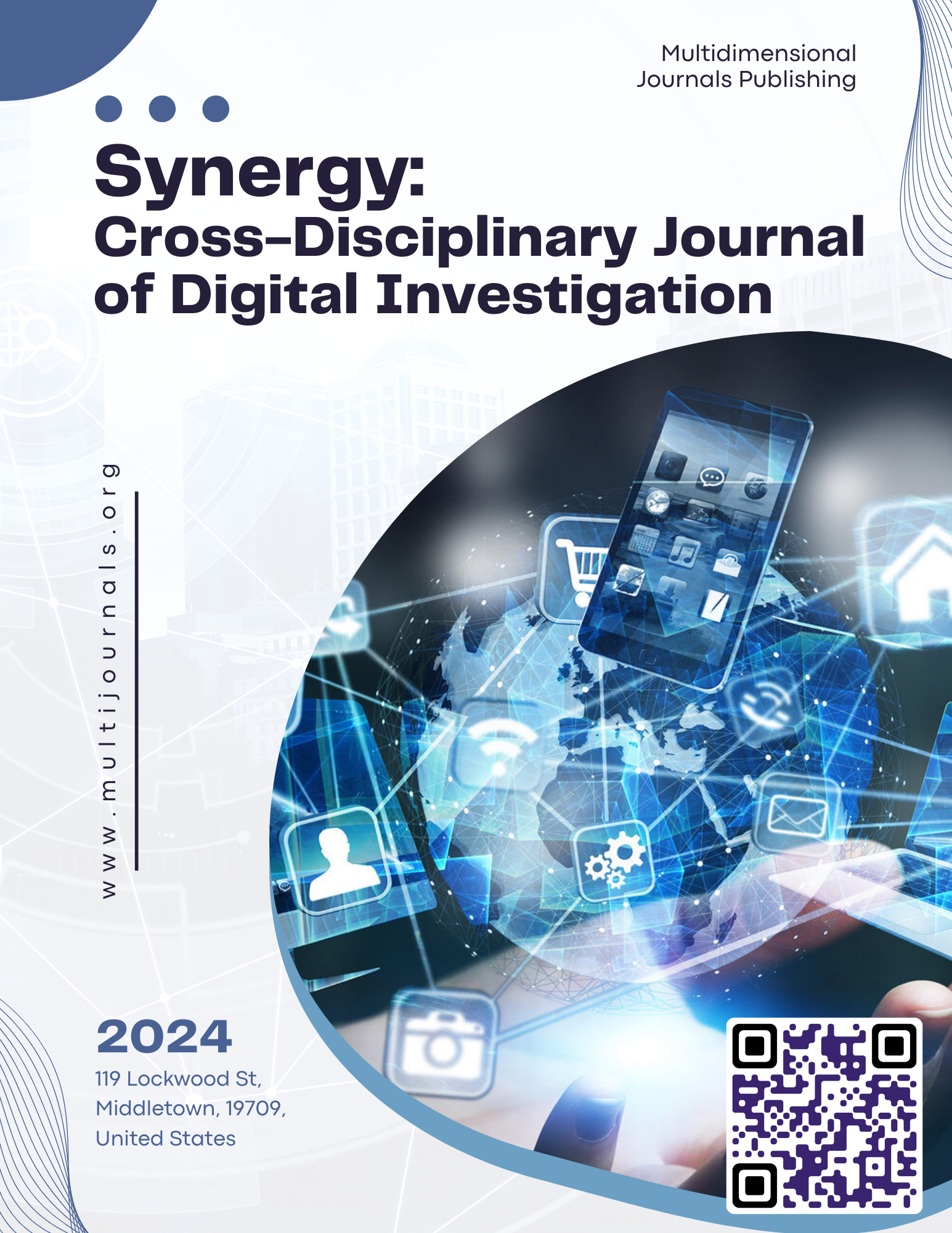SMART CONTRACTS FOR AUTOMATED COMPLIANCE
Abstract
Compliance with industry regulations and internal governance policies has become a critical challenge for enterprise software systems, especially as organizations face increasing scrutiny in domains such as finance, healthcare, and critical infrastructure. Traditional compliance management often relies on manual audits, fragmented monitoring tools, and post-event remediation, which can lead to high operational costs, delays, and persistent risks of non-compliance. Recent studies show that regulatory non-compliance costs enterprises an average of $14.8 million annually in fines, remediation, and reputational damage (Ponemon Institute, 2022), underscoring the urgent need for proactive and automated enforcement mechanisms.
This paper explores the application of smart contracts—self-executing code deployed on blockchain networks—as a framework for automated compliance and regulatory enforcement in enterprise software ecosystems. Smart contracts can encode regulatory requirements, security policies, and service-level agreements directly into programmable logic, ensuring that compliance is continuously monitored and enforced without human intervention. We present a prototype implementation using Hyperledger Fabric in which financial transaction software was integrated with smart contracts for compliance with Know Your Customer (KYC) and General Data Protection Regulation (GDPR) requirements. Experimental results from this implementation demonstrate that smart contract–driven compliance reduced policy violations by 72%, improved audit readiness by providing 100% tamper-proof logs, and added only a 5–8% overhead in transaction processing time compared to baseline systems.
Beyond regulatory enforcement, the integration of smart contracts into enterprise software offers additional benefits: real-time auditing, automated remediation of policy breaches, and interoperability with existing DevSecOps pipelines. However, challenges remain in scaling solutions across heterogeneous enterprise systems, addressing privacy concerns in transparent ledgers, and achieving regulatory acceptance of blockchain-based evidence.
In conclusion, smart contracts represent a transformative enabler of trust, efficiency, and accountability in enterprise compliance management. By embedding regulations directly into software execution, organizations can shift from reactive compliance practices to continuous, automated, and verifiable enforcement. Future research should focus on lightweight smart contract protocols, hybrid on-chain/off-chain architectures, and cross-industry standardization to enable broader adoption in enterprise environments.




